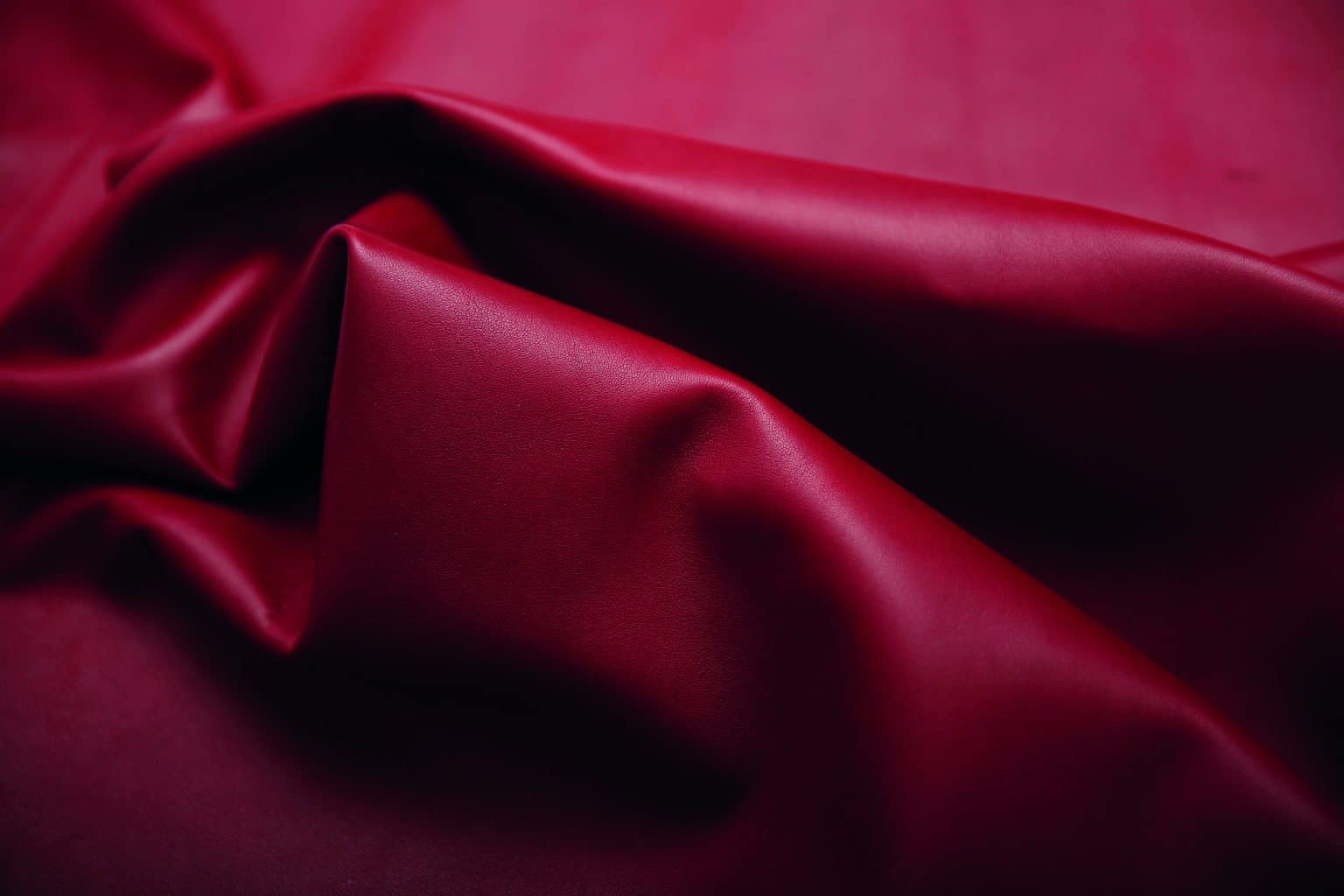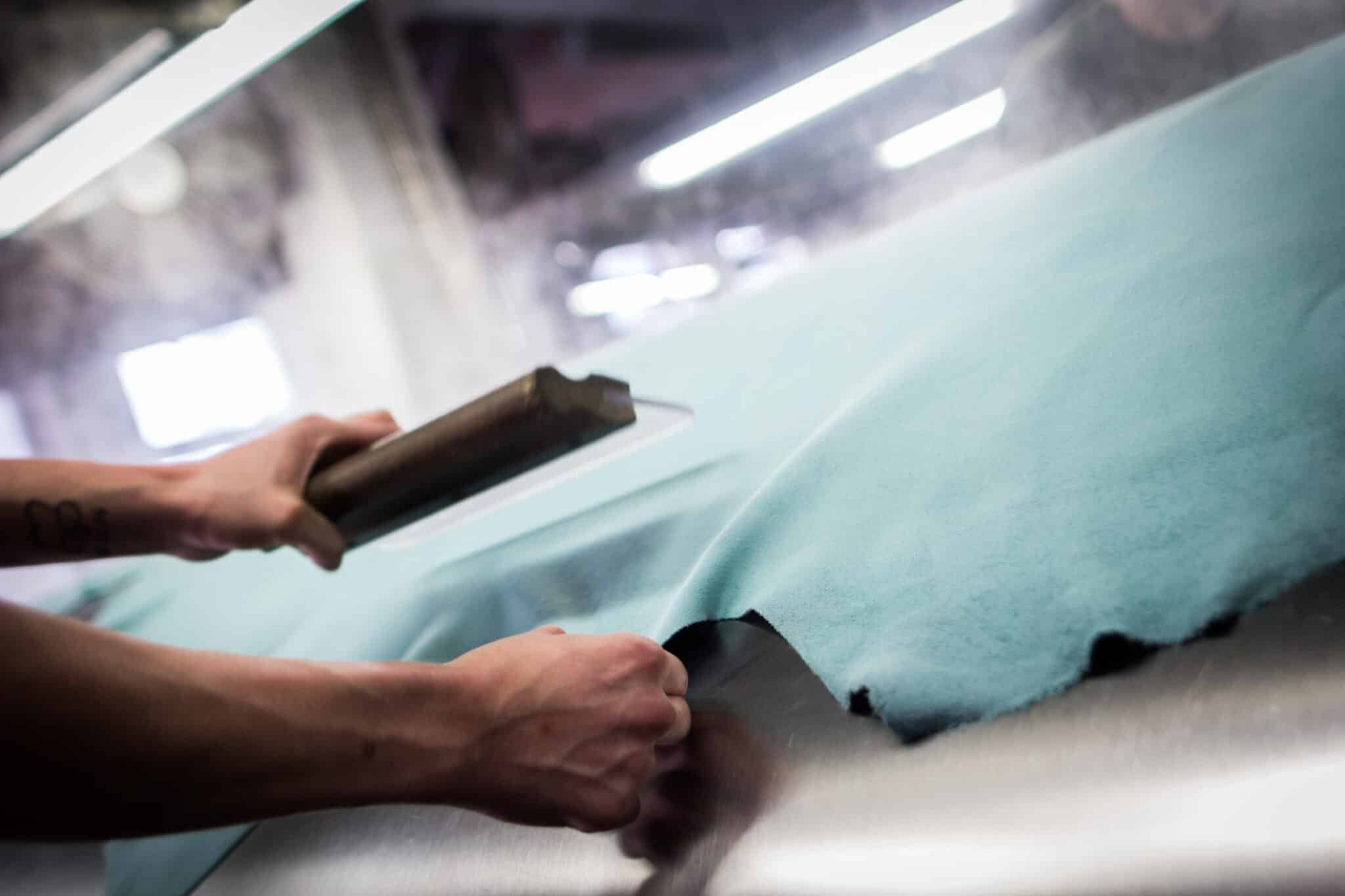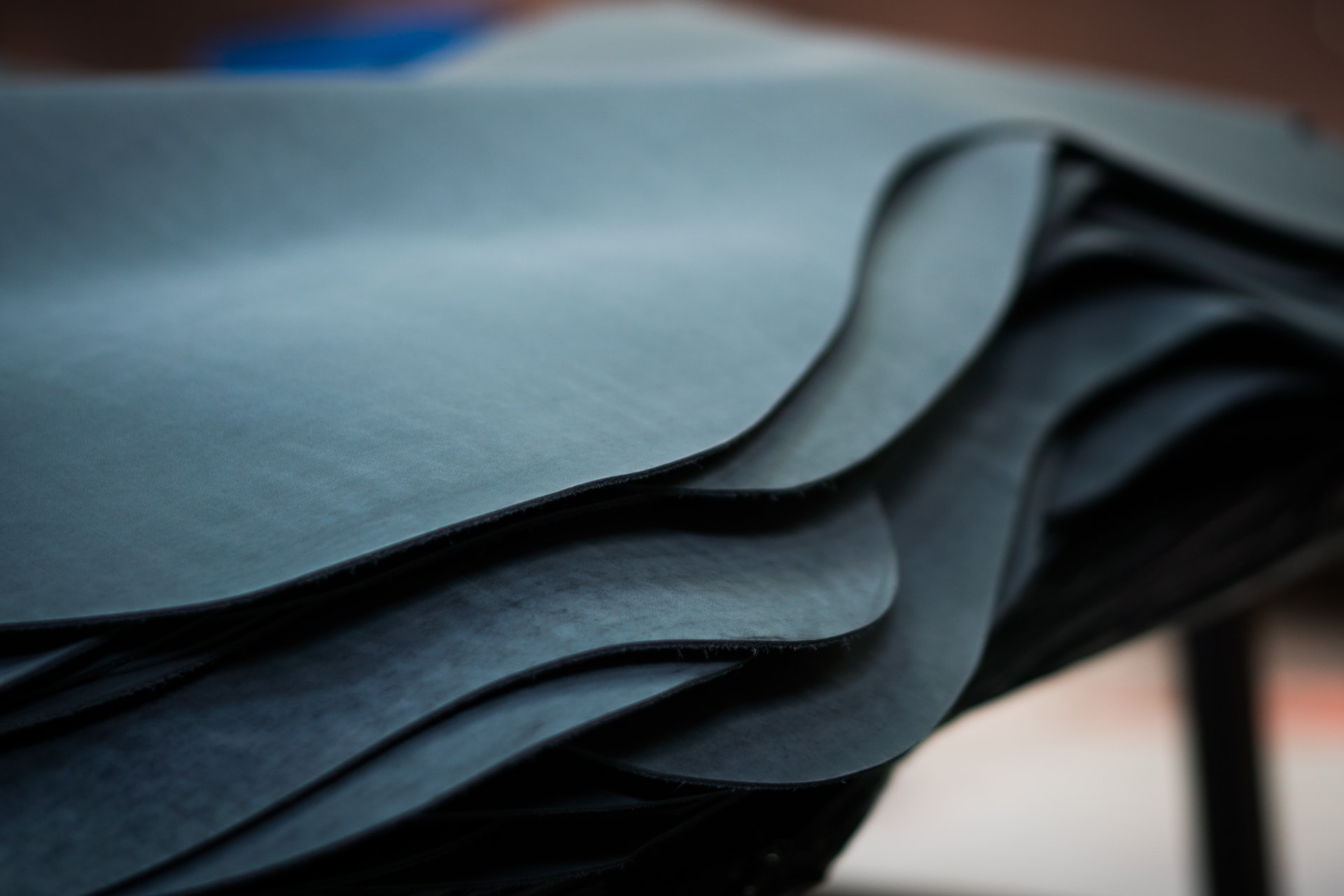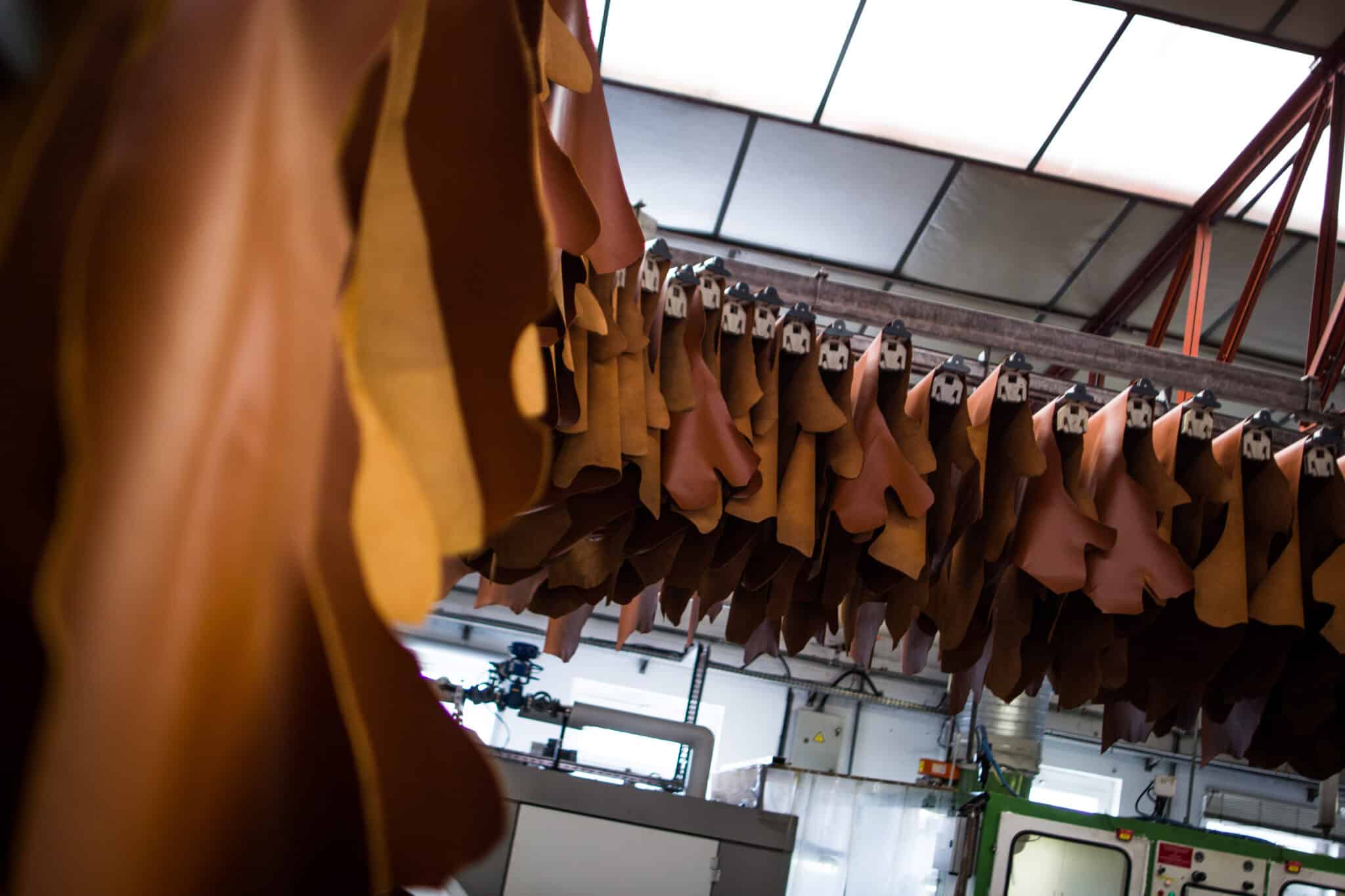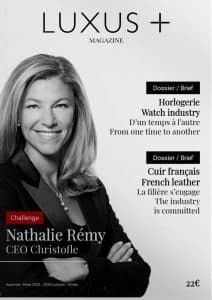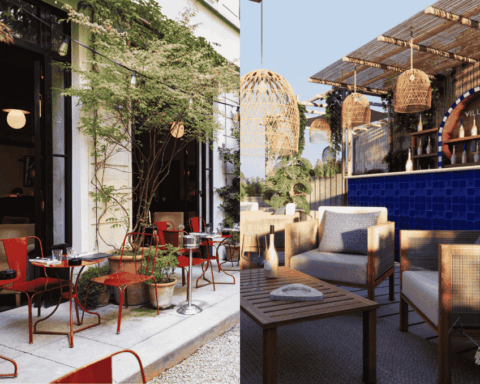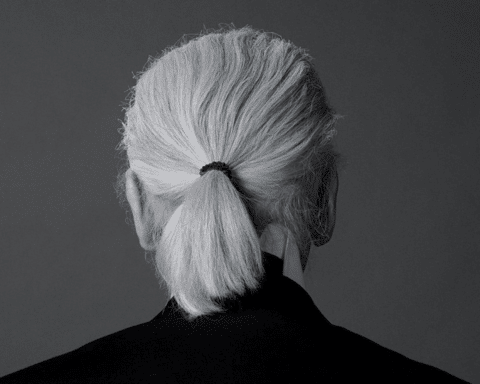Leather, like textiles or precious stones, is under the spotlight, suspected of all crimes: polluting, indifferent to societal issues, generating animal suffering, among others. However, The French leather industry has for several years been reflecting on the ecological impact of its industry in terms of water purification, air protection as well as waste reduction. It goes even further in its approach, aware that consumer safety and information as well as animal welfare, without forgetting the well-being and training of leather artisans, are at the heart of an ethical model in the sector.
Leather is one of the major components of everyday objects that the consumer uses without even thinking: handbag, travel bag, belt, shoes, fashion accessories are parts of everyone’s life. The strong expectations of customers relate to the traceability of the skins. To answer this question, the Leather Technical Center (CTC) has developed a system for tracing the skins by laser: each one is identified by a code so that, from the slaughter of the animal to the manufacturing of the finished product, the manufacturer knows where the skin comes from.
Traceability also makes it possible to fight counterfeiting. According to a 2018 IFOP study, 37% of consumers buy counterfeit luxury products unwillingly. Buying counterfeits means buying poor quality products, sometimes treated with chemical components dangerous for health. That is why governments and brands are taking tough action to fight counterfeiting.
Last but not least, this tracing guarantees the quality of the care given to the animals and therefore of their skin resulting, in the end, in a beautiful product. As Jean-Christophe Muller, managing director of Haas tanneries, says, “traceability covers two issues: that of the consumer who wishes to have information on animal welfare by ensuring that the breeding and slaughter have been done in good conditions and that of professionals who, in addition to this information, want to improve the quality of the skins.” These two crucial issues are leading companies to take a keen interest in the breeding of animals whose skins they will use. J.M. Weston, a well-known French shoe brand, chooses German or Austrian cows of the Simmental or Allgaü breed. According to Didier van Cauwelaërt in his book on J.M. Weston, the quality of shoes is due to the quality feed given to animals which gives cows supple and durable skin.
The leather industry and luxury brands go even further in their ethical concern, focusing on the preservation of endangered species. This is the case, for example, with crocodiles under the influence of the International Crocodilian Farmers Association (IFCA) in association with the University of Pretoria in South Africa. Thanks to this type of action to which large luxury groups such as Hermès, LVMH and Kering subscribe, the brands hope to produce all of their creations in an ethical manner by 2025.
The safety of the leather must also be guaranteed by the supplier and, at the end of the chain, by the brand. Hence the importance, for example, of leather tanning. The consumer may therefore wonder whether the type of tanning used affects the safety or the toxicity (even reduced) of the finished product, especially shoes in direct contact with the skin. Chromium tanning, of course, has a bad reputation due to the possible transformation of chromium 3 into chromium 6 if improperly worked.
However, European legislation is very strict on this process: the chromium 3 formula used in the tanning of leather is not toxic unlike Chrome 6. However, the best tanneries in France, often working with luxury brands in high demands, are turning more and more to vegetable tanning, an ancient process that technology has improved and that is practiced by luxury craftsmanship, such as the French brand Femer or the British brand SKIIM.
Unfortunately, vegetable tanning cannot meet all the needs of the industry because its sensitivity to the sun limits the possibilities of coloring. Some tanners therefore prefer synthetic tanning, which does not use heavy metals but whose synthetic polymers come from the petroleum industry.
Protection and welfare of animals, less polluting tanning processes, concern for the health of consumers, all these points are treated with efficiency and talent by the French leather industry making it one of the most ethical in the world of luxury
FIND THIS ARTICLE IN THE FALL-WINTER 2020-21 ISSUE OF LUXUS+ MAGAZINE.
Featured photo : © CNC




